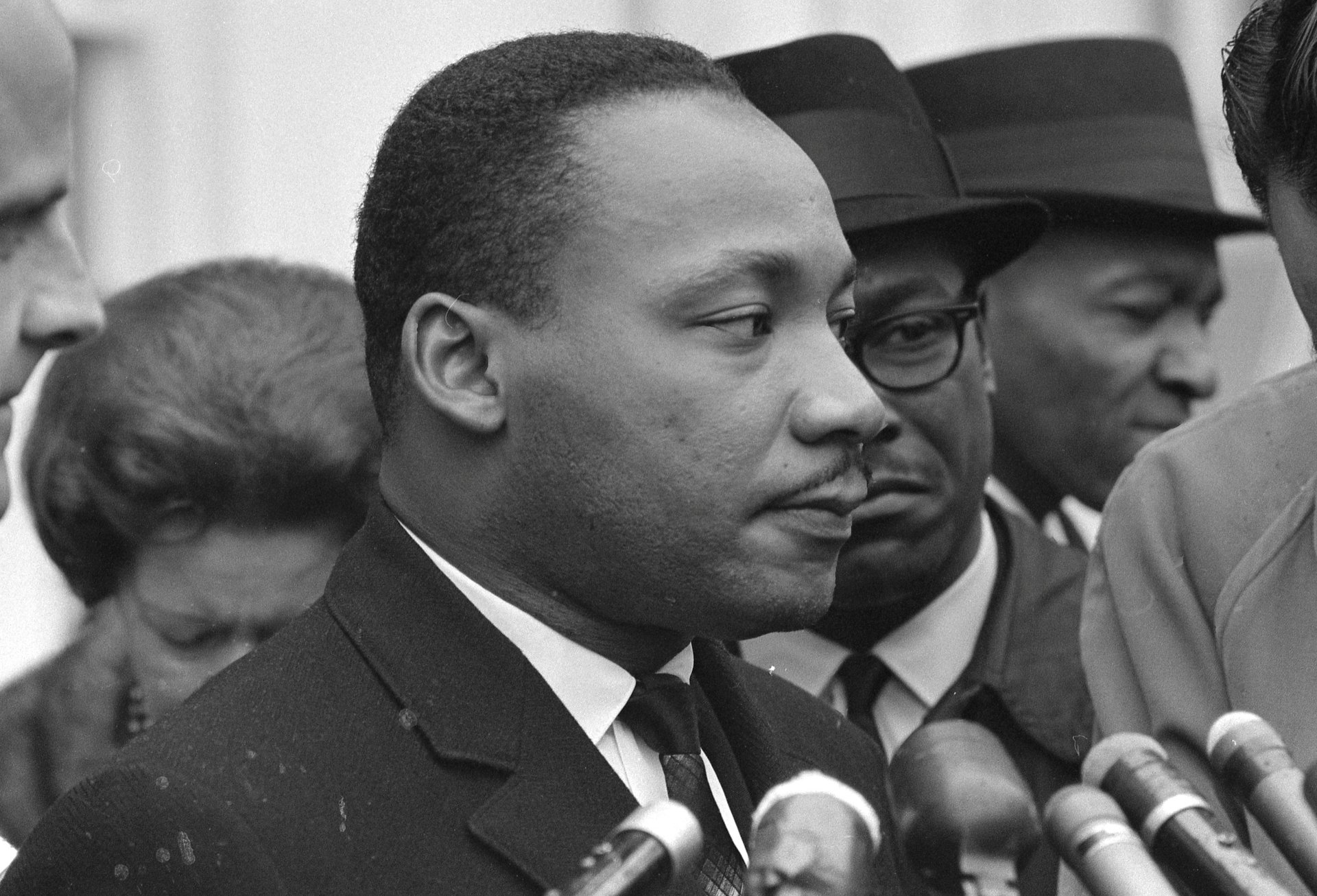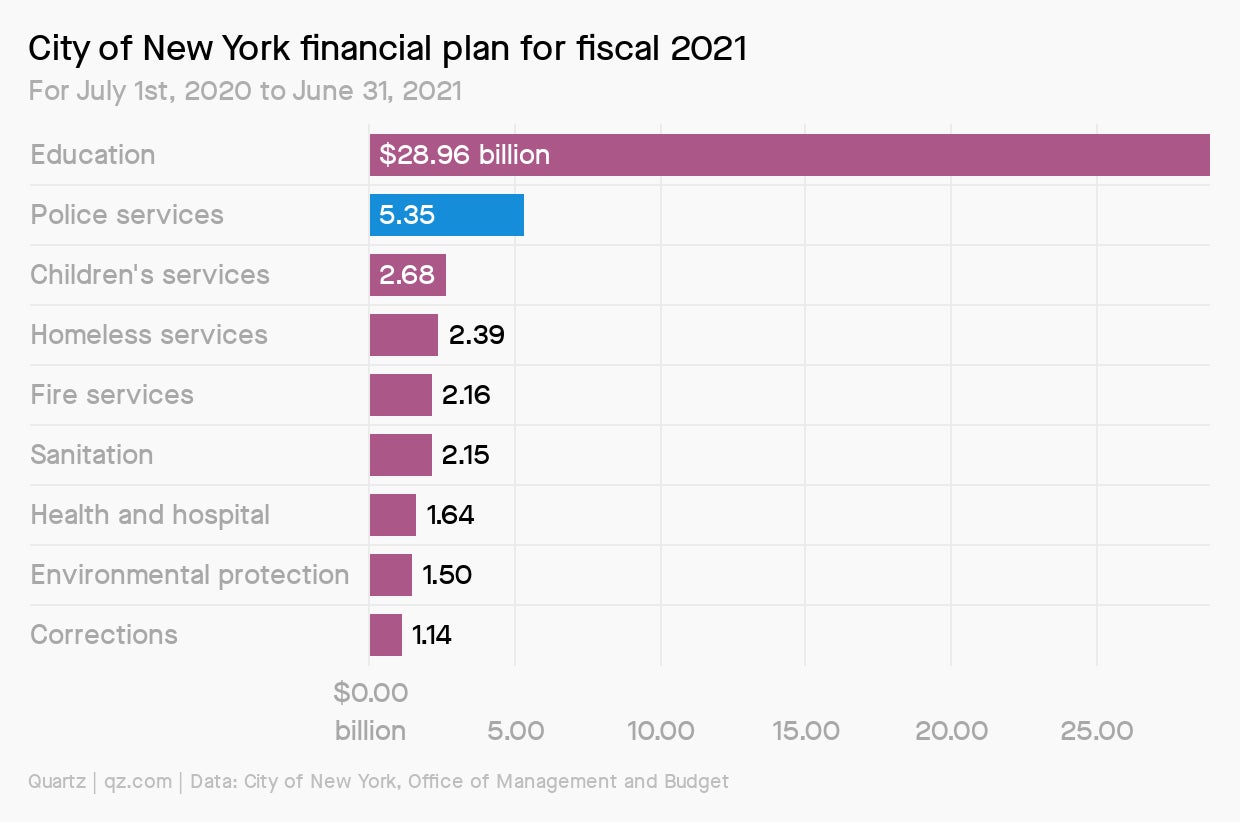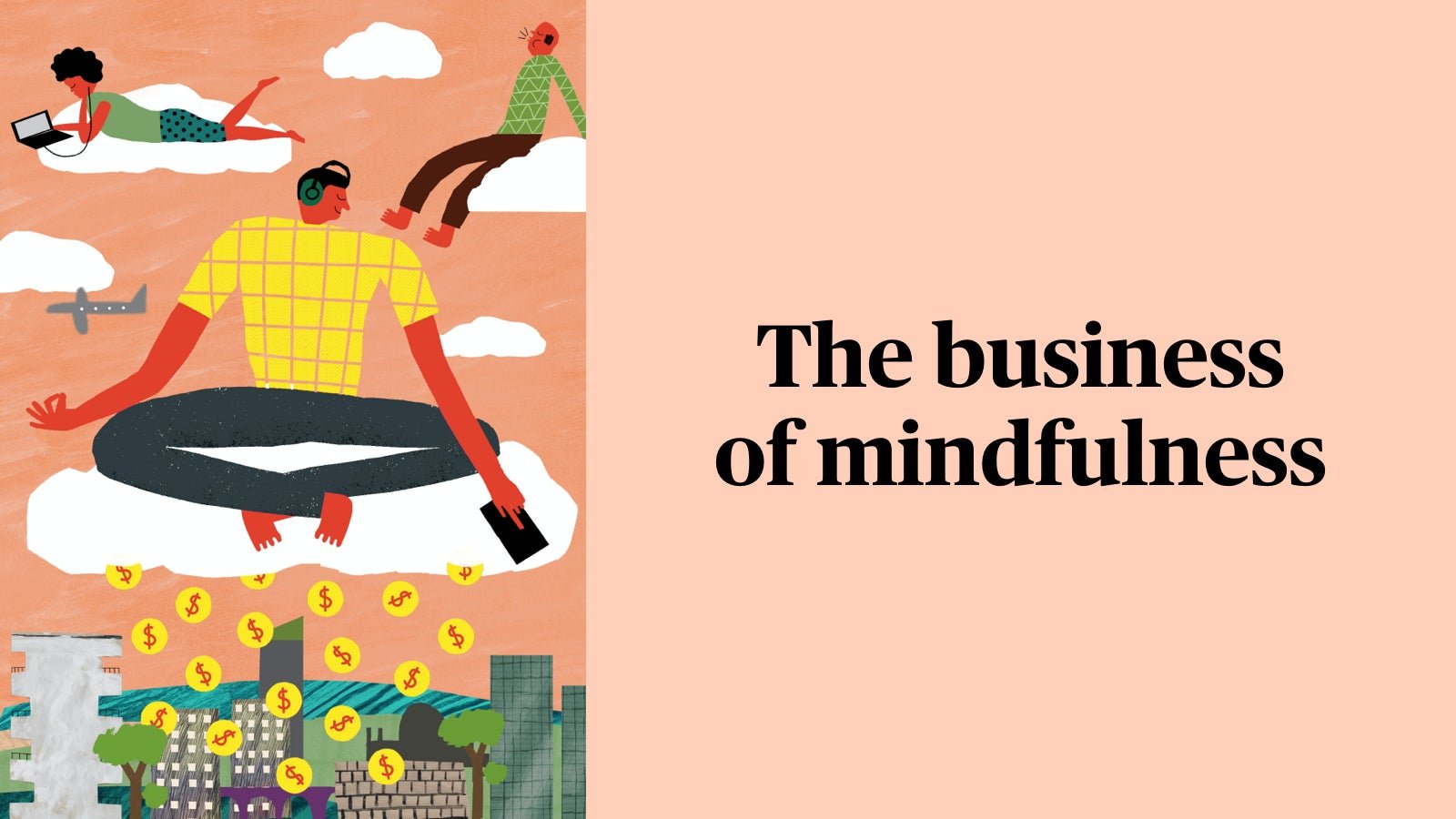Italy’s government, Biden’s first days, job phishing
Good morning, Quartz readers!


Good morning, Quartz readers!
Here’s what you need to know
Giuseppe Conte’s future hangs in the balance. The Italian prime minister faces crunch parliamentary votes today and tomorrow after his junior partner quit the cabinet. He will likely have to resign if he doesn’t win enough support.
Angela Merkel’s successor has a bumpy road ahead. Armin Laschet won the race to lead Germany’s Christian Democratic Union and is next in line to be chancellor, but faces limited public support.
China’s GDP expanded by 2.3% last year. It’s the only major economy to have reported growth in 2020. But consumers kept their purse strings tight, with retail sales down 3.9% for the year.
Alexei Navalny was arrested in Russia. Upon his return from Germany where he was recovering from a poisoning attack, the opposition leader was detained on charges he insists are fabricated.
Joe Biden’s plan for his first 10 days. The US president-elect will use executive orders to address issues including the pandemic, economy, climate, and immigration. But his inauguration faces huge security risks as defense officials warned of a possible inside attack.
Uganda’s incumbent Yoweri Museveni won reelection. The president’s opponent, Bobi Wine, said he will contest the results despite fearing for his life. A government internet shut down remains in place.
Brazil can start getting vaccinated. Regulators issued emergency approvals for the AstraZeneca and Sinovac vaccines as Covid-19 cases continue to soar.
What to watch for
Martin Luther King Jr. Day’s namesake would have been 92 years old for today’s celebration of his accomplishments in the US. While his words and actions have provided both a blueprint for like-minded activists and a weapon to those who seek to slow the arc of the moral universe towards justice, King’s famous dream has been left largely deferred. Three years after his speech at the Capitol in 1963, King saw his dream stalling in real time, and knew the only thing that would truly make a difference would never come: billions from the US government.
“I think the biggest problem now is we got our gains over the last 12 years at bargain rates,” King told NBC’s Sander Vanocur in 1967. “Now, we’re confronting issues that cannot be solved without costing the nation billions of dollars… this is where we’re getting our greatest resistance.” King, who contended that lunch counter and bus boycotts actually came to eventually help the economy, had also grown his dream since 1964. By the time of his interview with Vanocur, King had alienated many of his followers with his hardline anti-Vietnam stance and his increasing focus on guaranteed income and healthcare discrimination, controversial ideas by even today’s standards.
With his position atop the Civil Rights Movement in flux, King turned his focus to the alleviation of economic issues that, while beneficial to the nation in the long run, would have required sizable budgetary commitments from a government that had put King’s issues on its back burner to focus on war. Nearly 55 years later, inequality has grown, racial animus continues, and the US military complex, which King warned would neuter our “social perspective,” dwarfs the defense expenditures of China, Saudi Arabia, France, Germany, India, Russia, the UK, South Korea, Brazil, and Japan, combined.
Today, as it was in King’s day, the potential costs of solving the problems at the heart of tragedies like the murders of Trayvon Martin and George Floyd, military bloat, and the negligent care given to Black expectant mothers continue to rise.
Charting a transition
The New York Police Department receives the second largest amount of funding within the city’s budget, even with a large cut following the protests in response to the killing of George Floyd last year.

For years, the department also supervised street vending, including fines, tickets, and arrests. But as Karen Ho reports, that ended last Friday after officially shifting the responsibility to the City’s Department of Consumer and Worker Protection, giving many of New York’s most vulnerable business operators a reprieve from reports of harassment and intimidation while dealing with reduced business due to the pandemic.
The business of mindfulness

The pandemic and its economic fallout have introduced a new kind of turbulence to the lives of people around the world. So it’s no wonder legions of people are flocking to meditation apps as a way to cope with anxiety and stress. Collectively, monthly active users for the top three meditation apps globally (Calm, Headspace, and Meditopia) were up 59% year-over-year this November.
There’s a lot of money to be made in the mindfulness business these days. But is it able to make people—even the world—better? We explore the business of mindfulness and its proliferations, from workplaces to our cars, in our latest field guide.
✦ Once you’ve cleared your head, fill it with all sorts of interesting things. Try a Quartz membership free for seven days.
The mysterious case of the Wayland potatoes. A Massachusetts library can’t explain the “lovely baked russets” that keep popping up on the lawn.
Divorce is an expensive Valentine’s Day gift. One Tennessee attorney is offering a free trip to Splitsville on Feb. 14.
An Indian news anchor got phished out of a job. Nidhi Razdan says she was targeted in an elaborate phishing scam which led her to quit her role for a promised position at Harvard.
Pizza rolls are better, anyway. Nestle recalled more than 380 tons of Hot Pockets due to possible contamination “with extraneous materials, specifically pieces of glass and hard plastic.”
Our best wishes for a productive day. Please send any news, comments, baked potatoes, and Hot Pockets without extraneous materials, please, to [email protected]. Get the most out of Quartz by downloading our iOS app and becoming a member. Today’s Daily Brief was brought to you by Mary Hui, Tripti Lahiri, Susan Howson, Jackie Bischof, and Jordan Lebeau.